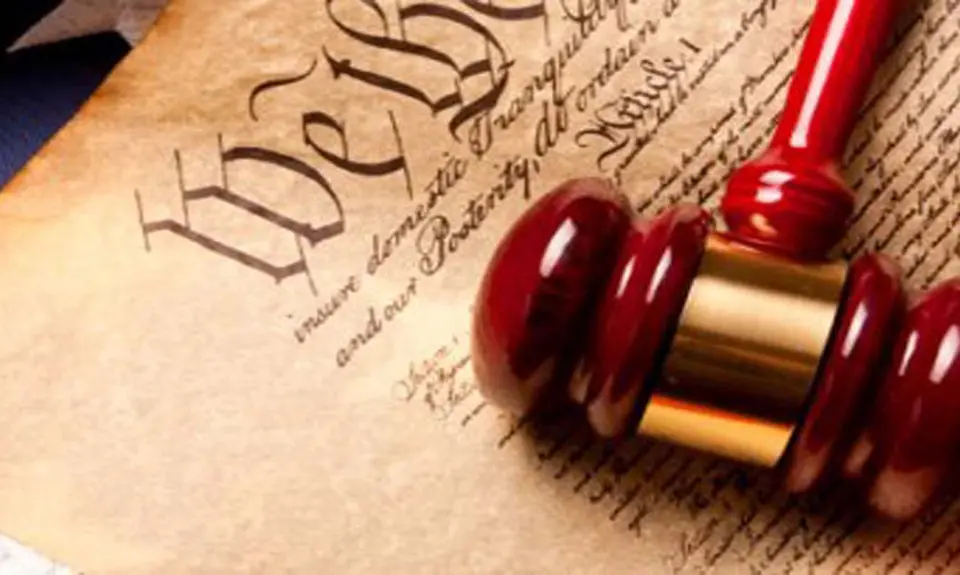“Confirmed Judges, Confirmed Fears” is a blog series documenting the harmful impact of President Trump’s judges on Americans’ rights and liberties. Cases in the series can be found by issue and by judge at this link.
Trump judges Mark Bennett and Ryan Nelson made the difference in a 6-5 Ninth Circuit ruling dismissing an incarcerated man’s petition that his conviction had been unlawful (a habeas corpus petition). The majority in the March case of Smith v. Davis ruled that Anthony Smith had waited too long to file his petition, ignoring the extraordinary circumstances that that had prevented Smith from working on his case for more than two months.
Congressional legislation requires a federal habeas petition to be filed within 365 days of a state conviction. In this case, Smith spent the first 66 days trying without success to get his former lawyer to send him the trial record, which the lawyer was wrongfully keeping from him. Smith finally received the records and filed his habeas petition 364 days later. The question for the courts was whether to “toll” the 365-day period to account for the lost 66 days.
The en banc majority including the two Trump judges ruled no. They acknowledged that the statute can be equitably tolled in the interests of fairness. But they decided that Smith had not been “diligent” in pursuing his case once he got the records to meet the deadline.
Writing the dissent for five judges, Judge Marsha Berzon criticized the majority for its “indifference to the factual record” and “misreading of Supreme Court precedent.” She pointed out that Congress had made a determination that habeas petitioners must exercise the diligence required to file within 365 days. But the majority “substitute[ed] its own determination” of the time needed to draft and file a habeas corpus petition. Berzon emphasized that this “new regime” creates great unfairness. In one class are the individuals without extraordinary impediments, who will get the full 365 days provided by Congress to research, write, and file their habeas petitions.
But if an extraordinary circumstance—say, grave illness, serious attorney misconduct, or misinformation from a court or government office—precludes a potential litigant from drafting or filing his lawsuit during part or all of the limitation period, the ground shifts. Now, the litigant has only the number of days for drafting and filing deemed adequate after the fact by the judge or judges who happen to be assigned to his case.
